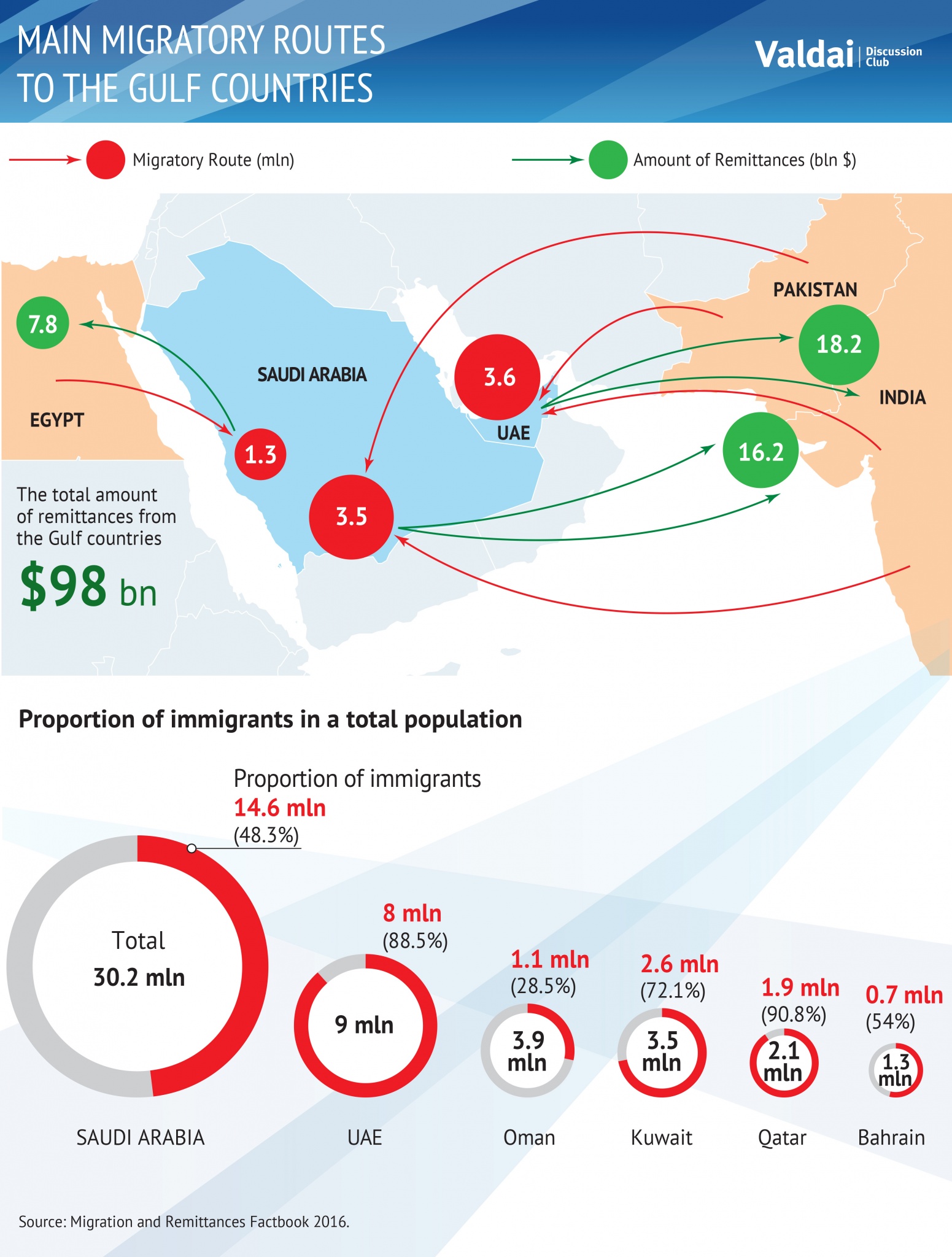Russia has become a key player in nearly all affairs in the Middle East, where everything is interconnected and rather controversial. At the same time, there is an overly large probability that engagement in the region can result in negative consequences for Russia. This was expressed by Alexander Aksenyonok, Ambassador Extraordinary and Plenipotentiary, member of the Russian Council for Foreign Affairs at the presentation, titled “The Middle East: Darkness before the New Dawn? Regional Conflicts and the Future of the Global Community.”
The report was prepared according to the results of the two-day Valdai Club conference titled “The Middle East: When Will Tomorrow Come?” which took place on February 27 and 28 in Moscow.
The authors attempted to trace the deeper roots of the conflicts in the region, analyze the main challenges the region faces and offer possible ways for resolving issues.
During the discussion, experts agreed that the Middle East will never be the same and noted the main issues of the region: economic collapse, demographic changes as a result of the millions of displaced people and migrants and the psychological state of the youth, who grew up during the war. Nikolai Sukhov, a fellow at the Center for Arab and Islamic Studies at the Institute of Oriental Studies, Russian Academy of Sciences, noted that this youth is on the one hand the future of the region, and the other is good material for recruitment by terrorist groups.
Vasily Kuznetsov, head of the Center for Arab and Islamic Studies at the Institute of Oriental Studies, Russian Academy of Sciences, noted that economic change in the region is not solely tied to war. The Middle East has issues that are common for all: a lack of water and demographic changes. These are fundamental issues that are common to countries of the region, he added.
The discussion participants noted that the Middle East has been pushed back decades in economic development.
The situation in Syria became the main topic of discussion at the report presentation. As Vitaly Naumkin, President of the Institute of Oriental Studies of the Russian Academy of Sciences, Russia should support equal relations with all countries in the region. According to him, this is the case in Syria, where Russia makes big compromises by sitting down at the negotiating table with representatives of various organizations, with the exception of unacceptable ones, such as al-Qaeda.
According to Alexander Aksenyonok, Russia's involvement in the solution of the Middle East’s issues was necessary and gave many advantages. It prevented the most negative scenario, namely, the coming of radical forces to power in Damascus. At the same time, the expert warned against possible unexpected consequences associated with competition for further military victories between Russia and the United States. Maintaining communication channels, and not only on military issues, is extremely important, Alexander Aksenyonok believes.
The general opinion of the experts who took part in the discussion is that there is no military solution to the Syrian crisis, and the main issue now is to ensure a political settlement.
Irina Zvyagelskaya, chief researcher of the Center for Arab and Islamic Studies of the Institute of Oriental Studies of the Russian Academy of Sciences, noted that the only way to solve the issue is political dialogue with opponents of the Syrian government, and that the main goal is de-escalation, which will allow the deployment of peacekeeping forces in the region in the long term.
 According to Nikolai Sukhov, Russia would have to start playing an important role alongside the military sphere and on the public field to advance the peace process in Syria.
According to Nikolai Sukhov, Russia would have to start playing an important role alongside the military sphere and on the public field to advance the peace process in Syria.
The diplomatic crisis around Qatar also became a topic of discussion at the presentation. As noted by Vitaly Naumkin, the situation is now developing in the direction of a political and diplomatic settlement. Russia is not indifferent to this situation, since there are interests of an economic and humanitarian nature, he noted.
According to Alexander Aksenyonok, the US’ overly harsh anti-Iranian rhetoric was used by Iran’s opponents in the region. This can be considered a failure of the US’ Middle East policy. The report, according to the expert, concludes that a dangerous trend is emerging in all Middle East conflicts, especially in the Syrian conflict: large non-regional powers are increasingly becoming hostages to the ambitious interests of regional players.
Ambassador of Palestine to the Russian Federation Abdel Hafiz Nofal, who also took part in the discussion, proposed that Russia should put forward a comprehensive initiative on the Middle East that would cover Syria, Palestine and other conflict points in the region. Such an initiative could be an incentive for solving problems in the region, the ambassador added. According to him, the Palestinian-Israeli conflict has come to a standstill after over 25 years of US mediation.
The authors of the report concluded by noting the high quality of the Valdai Club’s Middle East conference, which made it possible to better know the positions of various parties in the region, and which actually allowed for dialogue.




